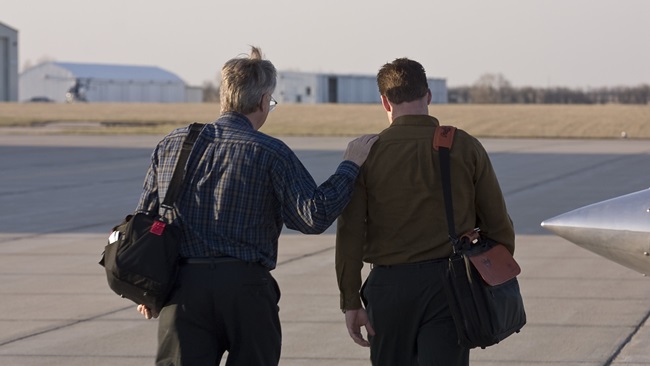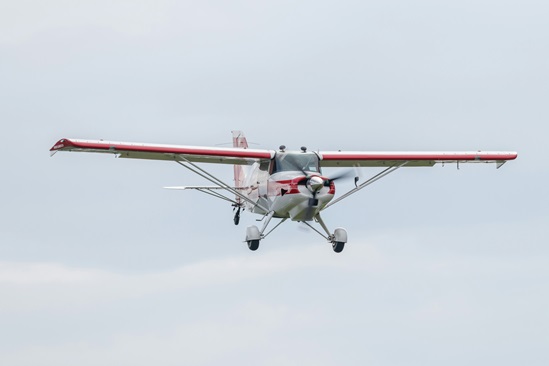
Warren Silberman
- Former Manager, FAA Aerospace Medical Certification
- Doctor of Osteopathic Medicine
- Expert in Aerospace/Preventive Medicine
- Pilot since 1986
- Part 61.15 (e) states that if you have a conviction for or administrative action while operating a motor vehicle that involves drugs or alcohol you must report this to AMC-700 Security Division in Oklahoma City. This must be accomplished within 60 days of the event. You can learn more from the FAA and use its online form to comply with this regulation.
- Airmen must also report an arrest, conviction, and administrative action involving a motor vehicle while under the influence of alcohol or drugs on their very next FAA examination (question 18. V.). Note the addition of “arrest” to this requirement, which includes being stopped by a police officer and being asked to submit to a field sobriety test and breathalyzer test.
If you don’t report the offense as required by Part 61.15 (e), when the FAA finds out it will do an emergency revocation of ALL your certificates and ratings. All you’ll have left is your flight hours, requiring you to take all of the tests again. Generally, you’ll lose your certificates for one year unless legal representatives can bargain this down to something less.
I also advise all airmen to tell the truth on their FAA flight examination. The FAA has zero tolerance for airmen who falsify their response to this question. The end result will be the same as I mentioned above.
If you obtain the police report prior to seeing your aviation medical examiner and the breathalyzer result is less than 0.15 percent, he/she may issue you your medical certificate if you are otherwise healthy.
If you can’t obtain the police report within the time mandated for the AME to submit your examination into the FAA, the AME will have to defer the decision to grant you medical certification until you do. If your breathalyzer was 0.15 or above, or you had a refusal, you’ll be required to provide an evaluation by a recognized substance abuse specialist. This evaluation will then be submitted to the FAA aeromedical staff for review.
The AME can’t issue your medical certificate in the interim, but don’t avoid telling the truth simply because you want to walk out with your medical certificate. The consequences will be much more aggravating and costly when the FAA eventually learns that you falsified your FAA flight examination report, even if you plead ignorance of the rules and procedures.
For more expert advice and professional assistance with protecting your pilot and medical certificates all year round, visit AOPA Pilot Protection Services AOPA Pilot Protection Services.
To continue reading, please log in or join AOPA now to have access to these exclusive expert resources.
I’ve heard rumors in the pilot community that airmen shouldn’t consent to a breathalyzer test if they are suspected of an alcohol- or drug-related offense while operating a motor vehicle.
Don’t believe those rumors. If this happens to you, allow the officer to perform the test. Otherwise, this is called a “refusal” to test, which the FAA considers equivalent to a significant positive alcohol test result. The FAA will require you to be evaluated by a substance abuse specialist.
There are two important requirements if you’re suspected of this type of offense:



